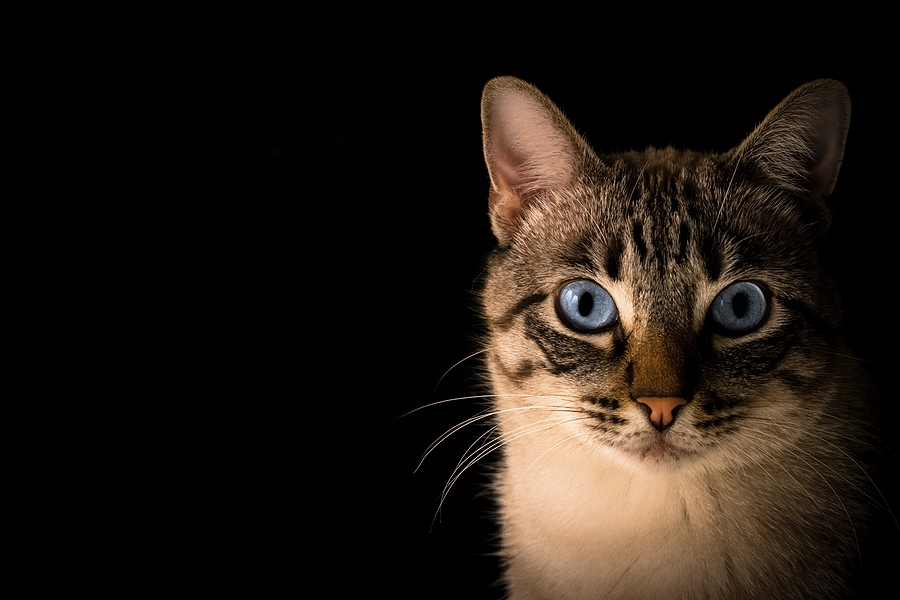What is feline hyperthyroidism and what do cat parents need to know about it? Here’s what I told a reader.
Q: The vet says my cat might have hyperthyroidism. What should I know about this disease?
A: Hyperthyroidism — high levels of thyroid hormones circulating in the blood — was first reported some 40 years ago. It’s commonly seen in senior cats, both males and females, of any breed or mix.
Among the numerous signs that can indicate hyperthyroidism are unexplained weight loss (the primary clinical sign), increased appetite (another classic sign), irritability, depression, vomiting, diarrhea and a ratty-looking coat. But some cats with hyperthyroidism are energetic and have an increased appetite, so it doesn’t occur to their people that there might be anything wrong with them. A clue: It’s not normal for a 15-year-old cat to suddenly become active.
Depending on the individual cat, signs range from mild to severe, and they can be very different from cat to cat. Classic signs combined with lab work showing significantly elevated levels of thyroid hormone (T4, or thyroxine, and free T4, which is thyroxine not bound to a protein in the blood) is conclusive. In cats with elevated T4 who are not yet showing signs, a veterinarian may suggest monitoring for weight loss and other symptoms, then retesting.
Cats with hyperthyroidism are prone to hypertension (high blood pressure), which can lead to more serious problems, such as kidney failure or heart disease, so treatment is important. Options include administration of radioactive iodine (I-131), surgical removal of the thyroid gland (thyroidectomy) or antithyroid medication given for the rest of the cat’s life.
The treatment your veterinarian recommends depends on factors such as your cat’s age and general health, the presence of other diseases (known as comorbidities) and your budget. Ask your veterinarian to go over all the options with you to make the best decision for yourself and your cat.
There’s more in Pet Connection, the weekly nationally syndicated pet feature I co-write with Kim Campbell Thornton and my daughter, trainer Mikkel Becker.


